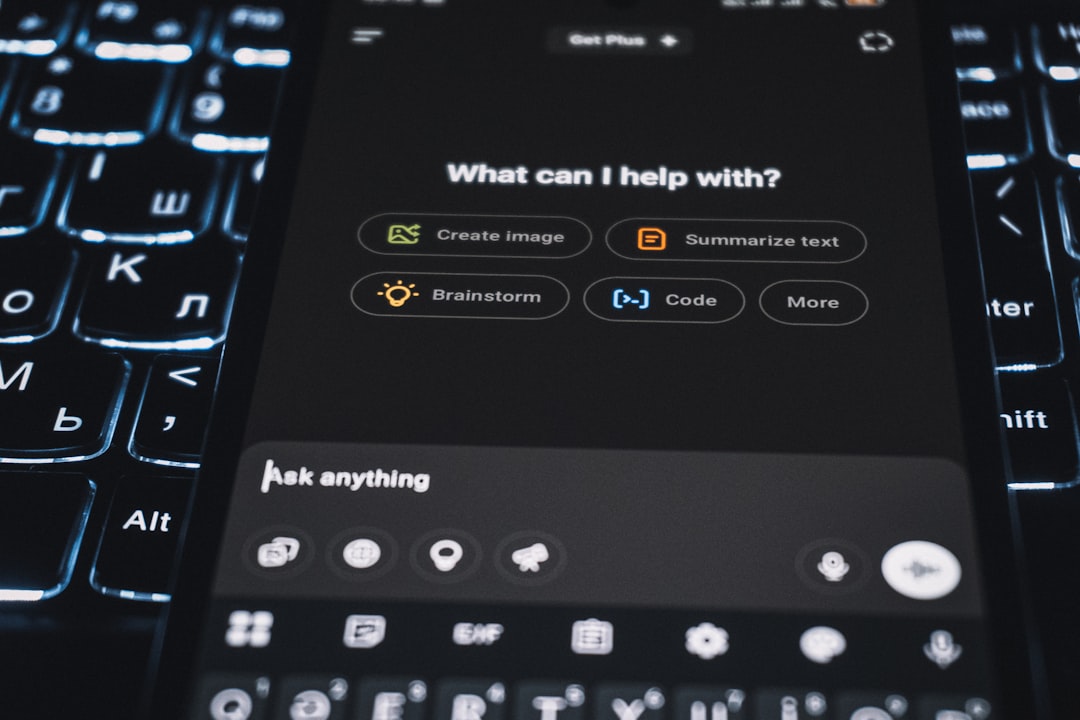Artificial Intelligence (AI) has found its way into nearly every industry, and the hospitality sector is no exception. From streamlining operations to personalizing guest experiences, AI agents are transforming how hotels, resorts, and restaurants engage with customers and improve efficiency. These intelligent systems are reshaping the industry in exciting and innovative ways.
At its core, an AI agent is a system that perceives its environment and takes actions to achieve specific goals. In hospitality, this translates to anything from automating customer service through chatbots to optimizing bookings and streamlining housekeeping schedules. Let’s explore the myriad of ways AI agents are impacting this fast-paced industry.
Enhanced Customer Service
One of the most noticeable roles AI plays in hospitality lies in improving customer service. AI-powered chatbots and virtual assistants operate 24/7 to handle guest inquiries, bookings, complaints, and recommendations, often in multiple languages. These agents not only reduce the workload on human staff but also provide instant assistance, enhancing guest satisfaction.
For instance, imagine arriving at a hotel late at night. A virtual assistant on the hotel app can guide you through the check-in process, offer room service options, or provide directions—without requiring human intervention.
Some common functionalities of AI agents in customer service include:
- Answering FAQs and providing real-time assistance
- Multilingual support for international guests
- Personalized service based on guest preferences

Operational Efficiency and Cost Reduction
Behind the scenes, AI agents are revolutionizing how establishments manage their operations. By analyzing data in real-time, these agents can suggest optimal staffing levels, anticipate inventory needs, or schedule maintenance proactively. This predictive capability reduces waste, cuts costs, and leads to a more sustainable business model.
A hotel chain might use AI algorithms to predict occupancy rates and adjust room prices dynamically to maximize revenue. Similarly, AI can schedule cleaning staff more efficiently by tracking check-ins and check-outs across various rooms.
Key operational benefits include:
- Predictive analytics for pricing and demand forecasts
- Automation of repetitive tasks such as check-ins, billing, or room assignment
- Advanced inventory and supply chain management
Personalization at Its Best
AI agents enable a deeper level of personalized guest experience. By collecting and analyzing guests’ behavioral data, preferences, and feedback, AI can tailor recommendations or experiences. Whether it’s suggesting a spa treatment based on past visits or offering tailored dining options, personalization enhances guest satisfaction and encourages repeat business.
Luxury hotels, in particular, use AI to create remarkable personalized itineraries, customized welcome messages, and even preferred room settings like lighting and temperature before the guest arrives.

Security and Fraud Prevention
AI agents play a central role in maintaining safety and trust in the hospitality environment. Facial recognition software, anomaly detection in network traffic, and fraud detection algorithms help protect both guests and businesses.
Facial recognition can speed up check-ins while providing a secure identity verification method. Meanwhile, AI-driven monitoring platforms can spot suspicious booking patterns or payment transactions in real time, helping to prevent fraud.
Challenges and Considerations
Despite the clear benefits, integrating AI agents into hospitality is not without challenges. High implementation costs, data privacy concerns, and the need for ongoing training and updates are significant hurdles. Additionally, there’s the delicate balance between automation and the human touch that defines great hospitality. Many guests still value direct human interaction, especially in luxury or personalized settings.
These challenges include:
- High initial setup and integration costs
- Privacy regulations and data security concerns
- Need for balance between automation and genuine hospitality
The Future of AI in Hospitality
The future looks promising. As AI technology becomes more accessible and sophisticated, we can expect even more intuitive and proactive AI agents. Upcoming innovations might include fully automated concierge services, smart room environments driven by guest behavior data, and even emotional AI that reads guest moods to offer tailored services.
By embracing AI agents, hospitality providers not only streamline their operations but also elevate the guest experience to new heights. Those willing to adapt stand to benefit the most in an increasingly competitive landscape.

